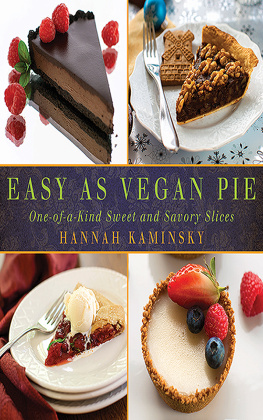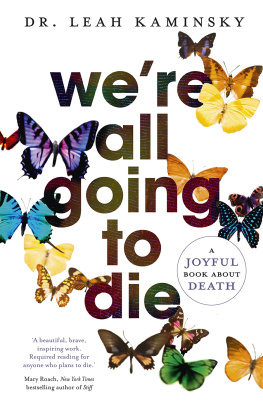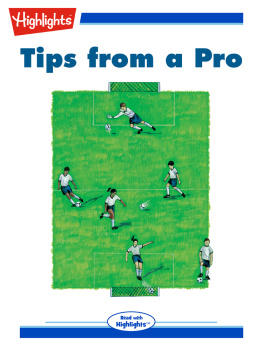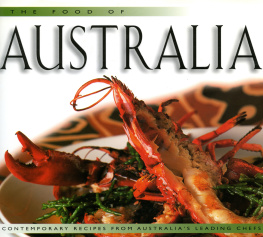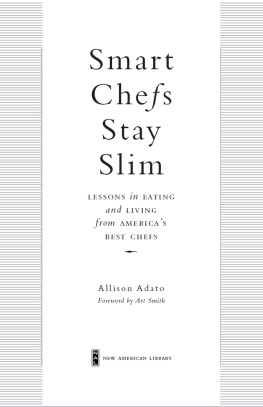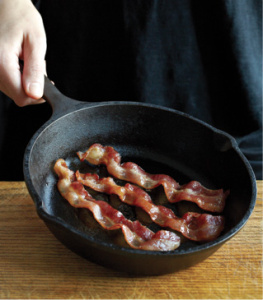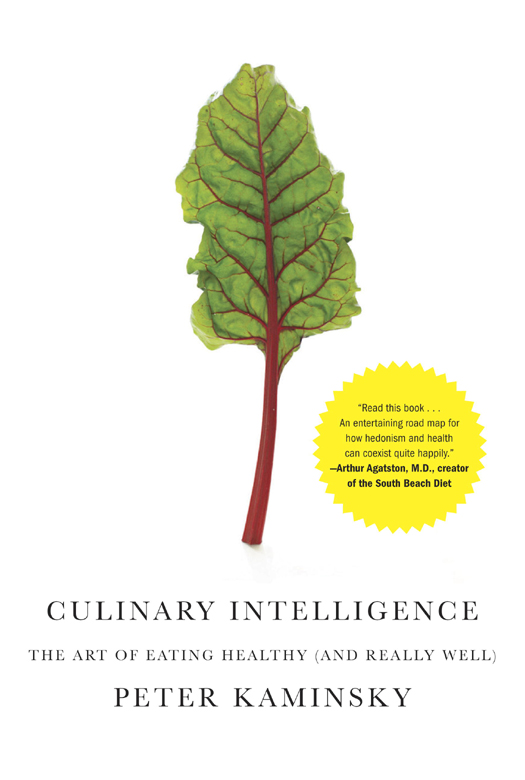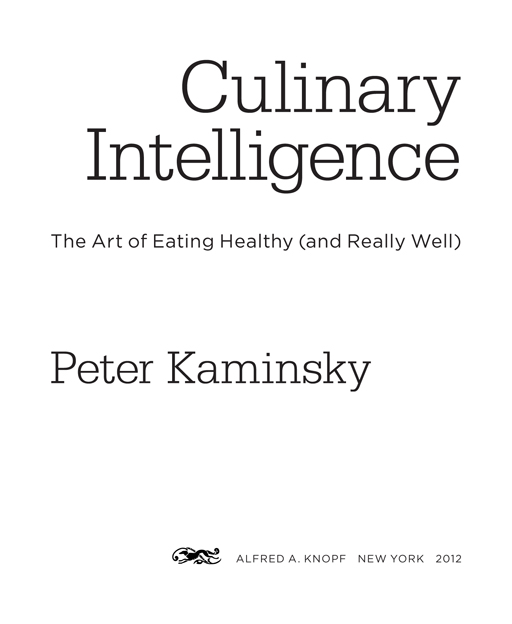THIS IS A BORZOI BOOK
PUBLISHED BY ALFRED A. KNOPF
Copyright 2012 by Peter Kaminsky
All rights reserved. Published in the United States by Alfred A. Knopf, a division of Random House, Inc., New York, and in Canada by Random House of Canada Limited, Toronto.
www.aaknopf.com
Knopf, Borzoi Books, and the colophon are registered trademarks of Random House, Inc.
Grateful acknowledgment is made to Artisan, a division of Workman Publishing Co., Inc. New York, for permission to adapt the recipe for Roast Chicken from Bouchon by Thomas Keller, copyright 2004 by Thomas Keller; to adapt the recipe for Double Cut Ribeye from Happy in the Kitchen by Michel Richard, copyright 2006 by Michel Richard; to reprint the recipe for Chimichurri from Seven Fires by Francis Mallmann, copyright 2009 by Francis Mallmann; and to reprint the recipe for Shaved Raw Brussels Sprouts with Castelrosso Cheese from The Frankies Spuntino Kitchen Companion & Cooking Manual by Frank Falcinelli, Frank Castronova, and Peter Meehan, copyright 2010 by Frank Falcinelli, Frank Castronova, and Peter Meehan. All rights reserved.
Library of Congress Cataloging-in-Publication Data
Kaminsky, Peter.
Culinary intelligence: the art of eating healthy (and really well) / Peter Kaminsky1st ed.
p. cm.
Summary: A formerly overweight food writer tells us how to maximize flavor per calorie so we can keep our waistlines slim without sacrificing the joy of good foodProvided by publisher.
eISBN: 978-0-307-95848-8
1. Cooking.
2. Nutrition.
I. Title.
TX652.7.K36 2012
641.5dc23 2011035142
Jacket photograph by Victoria Pearson
Jacket design by Abby Weintraub
v3.1
Dedicated to Melinda
On the trip home the sun came out. Steam rose from the blacktop, bound to reassemble itself as yet another rain cloud. We stopped at a roadside watermelon stand and were greeted by the smell of fresh sawdust and the sight of sweet Navasota stripers iced down and ready to be served by the slice.
RODNEY CROWELL ,
Chinaberry Sidewalks
Contents
CHAPTER I My Occupational Hazard
Some people are born with perfect pitch. Im not one of them, but I have something akin to that when it comes to food. I was born with a taste in my mouth, in much the same way that a songwriter is born with a tune in his head. Taste and its kissing cousin, aroma, affect me powerfully. When my downstairs neighbor browns onions, the sweet and sharp scents rise up through the stairwell of our Brooklyn brownstone, carrying with them memories of my grandmothers brisket, my mothers smothered chicken, or a street vendors sausage sandwiches at the Feast of San Gennaro.
In the DNA lottery, I inherited a very acute palate and an equally sensitive sniffer. Just a pinch of tarragon hits me like the blast of a steam room. A couple of drops of sesame oil focuses my attention the way the scent of a trembling pheasant agitates a bird dog. Im not saying that I can tell you what kind of oak dropped the acorns that fed the pig who ended up on my plate as a slice of Spanish ham. But I could never confuse the flesh of such a noble hog with the bland waterlogged ham from a factory-raised pig.
This obsession with taste can be a little maddening to friends and family, especially when we go to a restaurant. If, for example, a waiter passes by with a plate of coq au vin, my head will snap around as I breathe in the seductive smells. At such times Ill check out of the conversation, trying to determine exactly which herbs and spices are in a dish. Its not that I need to be right. Its a compulsive culinary crossword puzzle that I conduct with myself. I cant help it.
This isnt bragging. Im stating a fact about myself that I only fully recognized when I was well into adulthood. Until then, I thought everyone was like me: assaulted all day long by fusillades of flavor and irresistible aromas. It took me a long time to realize that not everyone inhaled and ingested their way through life this way. In fact, only about 4 percent of the population has this, er, giftand it explains why so many of us turn out to be chefs, restaurateurs, sommeliers, winemakers, restaurant critics, cookbook authors, and bloggers of the alliance of press and pantry that I call the foodoisie. In a way, its their destiny for the same reason that tall men with impressive leaping skills become basketball players, smaller men with great eye-hand coordination become golfers, socially awkward undergrads become Internet billionaires. For those of us who end up in the food world, to borrow a phrase from nouvelle-cuisine master Alain Senderens, the table beckons. Always.
For the first half of my life, I was not fully aware that I was a member of the foodoisie. True, I loved foodeating it and cooking itbut it was a hobby, not an occupational hazard. When writing about food became my occupation, the professional pursuit of pleasure put on pounds and screwed up my body chemistry. The choice was clear: mend my munching or fast-forward to Judgment Day. In terms of a healthy diet, I realized that although I ate wonderful rarefied food I was still a typical American in my eating habits, because, whether you are scarfing down scoops of Cherry Garcia with butterscotch sauce or dining on barnaise-bathed filet mignon and butter-browned potatoes Anna, it all puts you on a glide path to obesity, heart disease, diabetes, and all other so-called diseases of civilization. Maybe better to call them illnesses of indulgence.
This book is the result of my truly insatiable appetite for the pleasures of the table and my equally strong urge to survive. Rather than forgo health on the one hand, or hedonism on the other, I believe that the two can coexist quite happily.
The event that brought me into the full-time food world occurred on December 18, 1994. Two days before, my daughter Lucy and I caught a dozen blackfish off Coney Island. Before then, my rsum was as typically wide-ranging and inconsistent as any freelancers. I had been an itinerant humor writer, shuttling between magazines such as National Lampoon (where I was managing editor) and the life of a joke writer and producer of comedy television. It was a wacko, nerve-racking way to make a living, raise a family, and, on the first of most months, pay the mortgage. To balance out this unsettled existence, a generous act of fate guided me to the serene pastime of fishing. It took over my life, converted me into a hunting-and-fishing journalist, and eventually led to my own Outdoors column in the New York Times.
In 1994, I wrote a series of columns called A Season on the Harbor. Each month I reported on a different fishing excursion in New York City waters. It may come as a surprise to some, but the Big Apple has 578 miles of coastline once you stretch out all the curves and crannies. It is home at different times of the year to hundreds of millions of striped bass, bluefish, shad, weakfish, lobsters, oysters, clams, and mussels. Researching those columns was heaven to me: casting into acres of striped bass beating the waves to a froth off Runway 9 at JFK (where jets with lowered landing gears came haircut close), or laying my rod across the gunwales of my boat to take in a fireworks display over the Statue of Liberty with no other soul in sight.
In early December, for the last piece in the series, Lucy and I went out for blackfish, a local quarry that looks like a mahimahi that has been mugged and left for dead. Looks notwithstanding, it is quite delicious. On a blustery but fishable day, we boarded a local pay-to-fish boat out of Sheepshead Bay, Brooklyn. The regulars huddled inside the cabin, stowing their rods in the corner and settling into the more consequential business of penny-a-point pinochle. On deck, next to Lucy and me, an affable angler named Eddie Dols pulled in fish after fish. Eddie was generous with his knowledge and showed us how to detect a bite. He had spent his working years as the keeper of Olaf, the walrus at the Coney Island Aquarium. Lucy and I left the boat with two dozen blackfish fillets in our cooler.


